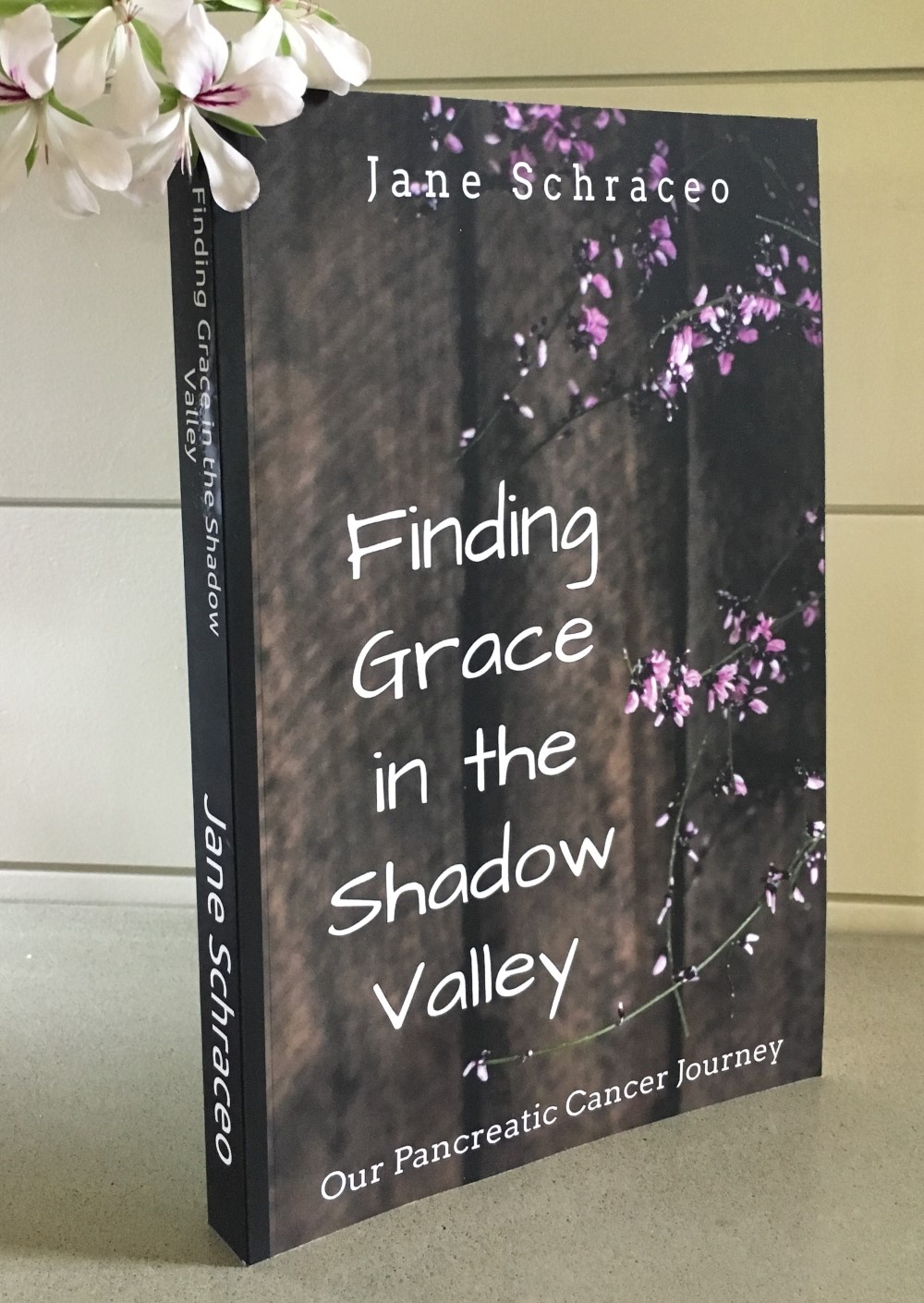Are Pancreatic Cancer
Clinical Trials
the Choice for You?
Clinical trials are research studies on people with cancer. In our case, people with pancreatic cancer. We call them pancreatic cancer clinical trials.
People with cancer volunteer to help with the research in these trials. It is always voluntary. Nothing about a clinical trial is mandatory. Thank goodness, I was starting to get hives… One more thing to stress over! As if having a choice to get pancreatic cancer didn’t give us enough to stress about! Voluntary pancreatic cancer clinical trials - that I can deal with.
But, clinical trials sound so, well, clinical, cold, and sterile. And that’s hardly the case. Clinical trials are the only way for us to ever find a Cure for Cancer. The trials are filled with passionate, brilliant researchers who want nothing more than to eradicate the word cancer from the human language.
We must continue seeking, researching and moving forward in our efforts. We know that the present/standard treatment for pancreatic cancer is woefully limited. Dreadfully grim statistics urge us to push the envelope on new treatments. Pancreatic cancer clinical trials are the way we get there.
In cancer research, clinical trials are designed to answer questions about new ways to:
• Treat cancer - one example would be the Pancreatic Cancer Vaccine trial
• Find and diagnose cancer
• Prevent cancer
• Manage symptoms of cancer or its treatment
Pancreatic cancer clinical trials are the final step in a long, arduous process that began way back in a laboratory, with test tubes and petri dishes, and scientists in white lab coats. Don’t go all Frankenstein on me now. These are the good guys! When the research scientists(a.k.a. good guys) feel they have a viable solution or cancer treatment, the process proceeds up to the point of using it on willing cancer patient volunteers. This is the final test. If the treatment/solution is successful on real, live human patients, then the clinical trial itself is deemed a success. Many treatments used today are the result of past pancreatic cancer clinical trials.
Clinical trials must follow strict guidelines. These guidelines clearly state who will be able to join the study and outlines the treatment plan. The principal investigator, person in charge of the trial, prepares a plan for the study, called a protocol, which is like a recipe for conducting the trial.
The protocol explains what the trial will do, how the study will be carried out, and why each part of the study is necessary. It includes information on:
• The reason for doing the study
• Who can join the study
• How many people are needed for the study
• Any drugs they will take, the dose, and how often
• What medical tests they will have and how often
• What information will be gathered about them
A clinical trial is not for everyone. They can be broken down into 2 groups:
1) Some trials are specifically for vounteers who are newly diagnosed and have not yet been treated for their cancer.
2) Other trials are for people who have already been treated for their cancer and are looking for a new treatment option.
Most pancreatic cancer clinical trials operate on a random or unbiased platform. It is the most scientific way to judge the success of the treatment, unbiased by human judgement. If you are accepted into a clinical trial, you will be assigned by chance to either an investigational group or a control group..
• If you are assigned to the control group, you will usually get the most widely accepted treatment (standard treatment) for your cancer.
• If you are assigned to the investigational group, you will get the new treatment being tested.
Federal rules help ensure that clinical trials are run in an ethical manner. Your rights and safety are protected through informed consent, careful review and approval of the clinical trial protocol by two review panels and ongoing monitoring provided during the trial.
So, what are the pros and cons of participating in a pancreatic cancer clinical trial? In other words, why would I want to put my (already comprised) life on the line to be an experimental lab rat for the sake of some research scientist?
This is such a personal decision. Let’s take a look at the pros and cons:
PROS:
Clinical trials are known to offer the highest quality of cancer care. If you do not receive the new treatment being tested, you will receive the best known standard treatment (not a placebo!) You will be treating your cancer.
You can gain access to new research treatments before they are widely available.
If you are receiving the new treatment being tested and it is proven to work, you will be among the first to benefit.
By participating in a clinical trial, you have the chance to help others and make a difference in improving pancreatic cancer treatment.
CONS:
New treatments are not always better than, or even as good as, standard care. It is a risk.
New treatments may have side effects that doctors did not expect and may be worse than those already known for standard treatment.
Questions to Ask:
1) Is a pancreatic cancer clinical trial right for me? What are the benefits? The risks?
2) Will my insurance cover the cost? Some plans may not cover all of the costs because they define clinical trials as “experimental.”
3) What tests are involved, what will treatment consist of? How long will the trial run?
4) How far will I be traveling to participate in this trial?
5) What’s my mental/emotional “gut” feel about the trial? Am I willing to leave my treatment plan in the hands of those running the clinical trial?
* One good thing to know: a participant can leave a clinical trial at any time. No questions asked (sort of – they will want to know why you are leaving). But you are not tied in for the long haul. Sometimes just knowing that makes it easier to forge ahead into the unknown. Kind of like having the back door unlocked and open should the need arise…
There are 3 websites that we have used to research pancreatic cancer clinical trials. All three are free to use and seem to provide excellent, up-to-date information on clinical trials around the world:
The National Cancer Institute Clinical Trial List
The Clinical Trial List
The Center Watch Clinical Trials List
Mom has chosen not to use a clinical trial at this point. After evaluating the possible outcomes, she decided she was most comfortable with the standard line of treatment, not willing to roll the dice at this time in her life. She wanted the known over the unknown.
Each decision is so intensely personal. While we, her family, researched, called and ran down every possible trial, she looked at the big picture and chose to be close to home with a medical team she knew and trusted. We knew we had to respect her “gut” call on this decision.
And so it is with each cancer patient. After weighing the options, talking it over with trusted friends and family, and your medical team, a pancreatic cancer clinical trial may be just the right option for you.
Or it may not. Be informed. Do your research. And then trust in your instincts.
As always, we remind you that the information on this website is NOT meant to be taken as a recommendation, in any shape or form. We encourage you to discuss any and all of this information with your own medical team, reviewing the possibilities presented by this growing and exciting edge of pancreatic cancer research.
Return to Pancreatic Cancer Treatment Options from Pancreatic Cancer Clinical Trials
Return to the Home Page for the Pancreatic Cancer Journey
Copyright © PancreaticCancerJourney.com
Nothing on this website should be construed
to constitute medical advice.




